July 27 stands as one of history’s most eventful days, witnessing the rise and fall of empires, groundbreaking discoveries, and moments that shaped our modern world across centuries of human achievement.
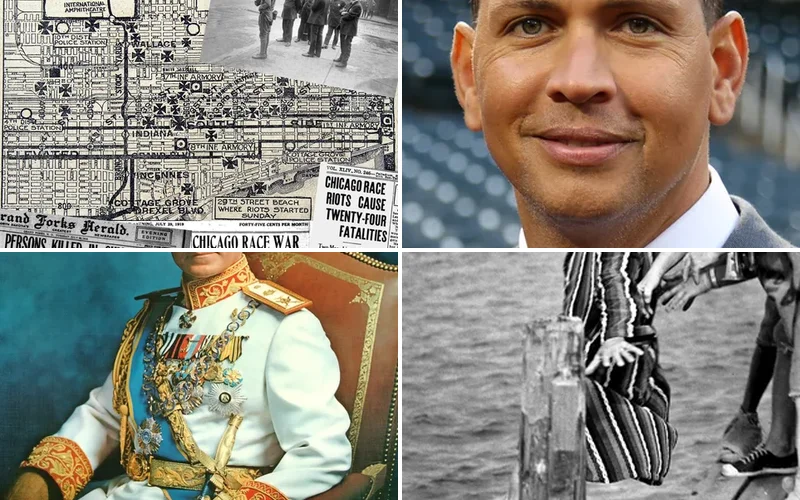
Politics and Government Events on July 27
1974 – Watergate Scandal Impeachment Vote
The House of Representatives Judiciary Committee voted 27 to 11 to recommend the first article of impeachment against President Richard Nixon. This historic vote focused on obstruction of justice charges stemming from the Watergate break-in.
The committee’s bipartisan decision marked a constitutional crisis that would ultimately lead to Nixon’s resignation. The vote demonstrated Congress’s willingness to hold even the highest office accountable for criminal conduct.
1990 – Belarus Declares Independence
The Supreme Soviet of the Belarusian Soviet Republic declared independence from the Soviet Union on this pivotal date. This bold declaration came as the USSR faced mounting pressure from various constituent republics.
Until 1996, Belarus celebrated this date as Independence Day before moving the celebration to June 3. The declaration represented a crucial step in the eventual dissolution of the Soviet empire.
1955 – Austrian State Treaty Signed
The Austrian State Treaty restored full Austrian sovereignty after years of Allied occupation following World War II. This agreement ended the four-power occupation by Britain, France, the United States, and the Soviet Union.
The treaty established Austria as a neutral nation and marked a significant milestone in post-war European reconstruction. Austrian independence became a model for peaceful resolution of Cold War tensions.
1964 – Vietnam War Escalation
The United States deployed five thousand additional military advisers to South Vietnam, bringing total American forces to 21,000. This escalation marked a significant expansion of U.S. involvement in Southeast Asia.
The deployment represented a crucial turning point in American foreign policy during the Cold War. These advisers would soon be joined by hundreds of thousands of combat troops.
Military and Naval History on July 27
1953 – Korean War Armistice
The United States, China, and North Korea signed an armistice agreement ending active hostilities in the Korean War. President Syngman Rhee of South Korea refused to sign but pledged to observe the ceasefire.
This armistice established the Demilitarized Zone that still divides the Korean Peninsula today. The agreement technically left the two Koreas in a state of war that continues to this day.
1917 – Battle of Passchendaele Advance
Allied forces reached the Yser Canal during the brutal Battle of Passchendaele in World War I. This advance came at enormous cost in human lives during one of the war’s bloodiest campaigns.
The canal represented a strategic objective in the larger Third Battle of Ypres. Thousands of soldiers died in the muddy conditions that characterized this horrific offensive.
1942 – Axis Advance Halted in Egypt
Allied forces successfully stopped the final Axis advance into Egypt during World War II. This decisive action prevented German and Italian forces from capturing the Suez Canal and Middle Eastern oil fields.
The halt marked a turning point in the North African campaign. Allied victory here set the stage for the eventual defeat of Axis forces throughout the Mediterranean theater.
1929 – Geneva Convention Signed
Fifty-three nations signed the Geneva Convention of 1929, establishing international standards for the treatment of prisoners of war. This landmark agreement updated previous conventions and expanded protections for captured soldiers.
The convention established fundamental principles of humanitarian law that remain relevant today. These standards would prove crucial during the massive conflicts of World War II.
Science and Discovery Milestones on July 27
1921 – Insulin Discovery Proven
Researchers at the University of Toronto, led by biochemist Frederick Banting, proved that insulin regulates blood sugar levels. This groundbreaking discovery revolutionized treatment for diabetes mellitus worldwide.
The research team’s work saved millions of lives and earned Banting the Nobel Prize in Physiology or Medicine. Insulin therapy transformed diabetes from a fatal disease into a manageable condition.
1947 – First Jet Airliner Takes Flight
The de Havilland Comet completed its initial flight, becoming the world’s first jet-powered commercial airliner. This revolutionary aircraft ushered in the modern era of passenger aviation.
The Comet’s maiden flight marked the beginning of the jet age for civilian transportation. Despite early setbacks, jet aircraft would soon dominate commercial aviation worldwide.
2005 – Space Shuttle Grounded
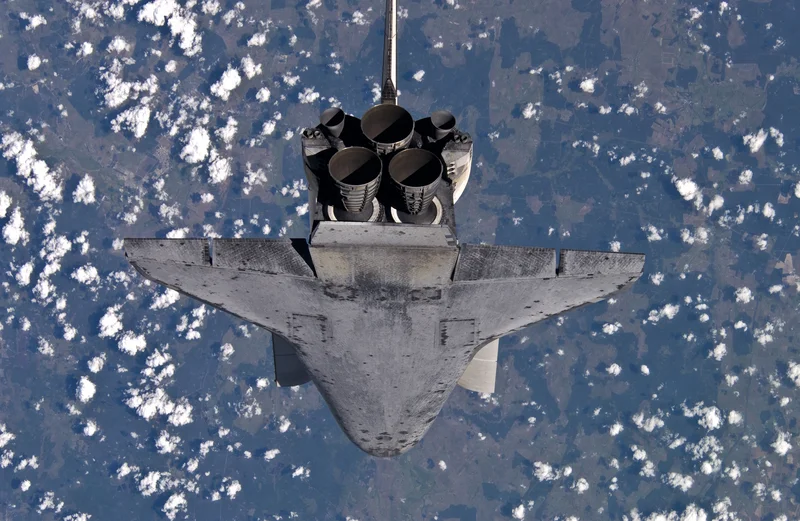
NASA grounded the Space Shuttle program following an incident during STS-114 mission. The agency suspended operations pending investigation of continuing problems with foam insulation shedding from external fuel tanks.
This decision reflected NASA’s commitment to safety following the Columbia disaster. The grounding lasted until engineers could resolve the persistent foam shedding issues.
Cultural and Arts Events on July 27
1940 – Bugs Bunny Debuts

The animated short “A Wild Hare” premiered, introducing the world to Bugs Bunny in his first official appearance. This Warner Bros. cartoon established the character’s iconic personality and catchphrases.
Bugs Bunny became one of the most recognizable cartoon characters in entertainment history. The character’s debut marked a golden age of American animation and popular culture.
1947 – Catherine Labouré Canonized
The Vatican canonized Catherine Labouré, whose apparitions of the Virgin Mary led to worldwide distribution of the Miraculous Medal. Pope Pius XII declared her a saint in recognition of her spiritual contributions.
Her canonization validated the authenticity of her mystical experiences and the miraculous healings attributed to the medal. Millions of Catholics worldwide venerate the Miraculous Medal based on her visions.
1959 – Continental League Announced
Baseball officials announced the formation of the Continental League as America’s “third major league.” This ambitious expansion plan aimed to bring professional baseball to underserved markets.
The league never actually began play, but its announcement pressured existing leagues to expand. The Continental League’s influence led to the creation of several new major league franchises.
Religious and Social Events on July 27
1919 – Chicago Race Riot

A racial incident at a South Side beach sparked the Chicago Race Riot, resulting in 38 fatalities and 537 injuries over five days. The violence exposed deep racial tensions in northern American cities.
The riot began when a black teenager drowned after being struck by stones while swimming in Lake Michigan. The incident highlighted the urgent need for civil rights reform in urban America.
1983 – Black July Prison Massacre
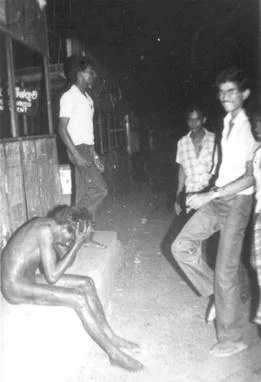
Eighteen Tamil political prisoners were massacred by Sinhalese prisoners at Welikada high security prison in Colombo. This horrific incident represented the second such massacre in two days during Sri Lanka’s ethnic conflict.
The prison killings escalated tensions between Tamil and Sinhalese communities in Sri Lanka. These events marked a dark chapter in the country’s civil war that would last for decades.
1995 – Si Zerrouk Massacre
Approximately 50 people were killed in the Si Zerrouk massacre during Algeria’s civil war. This tragic event exemplified the brutal violence that characterized the conflict between government forces and Islamic insurgents.
The massacre occurred during one of the bloodiest periods of Algeria’s internal conflict. Such attacks terrorized civilian populations and deepened the country’s political crisis.
Business and Economic Events on July 27
1981 – Aeromexico Flight 230 Crash

Aeromexico Flight 230 overshot the runway while landing at Chihuahua International Airport, killing 32 of 66 people aboard. The DC-9 aircraft accident highlighted safety concerns in commercial aviation.
The crash investigation revealed problems with approach procedures and weather conditions. This tragedy led to improved safety protocols at Mexican airports and enhanced pilot training programs.
1990 – Trinidad and Tobago Coup Attempt
The Jamaat al Muslimeen attempted to overthrow the government of Trinidad and Tobago in a violent coup. The radical Islamic group seized key government buildings and held officials hostage.
The coup attempt failed after several days of negotiations and international pressure. The incident highlighted political instability in the Caribbean nation during a period of economic hardship.
1996 – Centennial Olympic Park Bombing
A pipe bomb exploded at Centennial Olympic Park during the 1996 Summer Olympics in Atlanta, killing one person and injuring over 100 others. The attack shocked the international community and disrupted the Games.
The bombing was later attributed to domestic terrorist Eric Rudolph, who targeted the Olympics as a symbol of American values. Despite the attack, the Games continued and were ultimately deemed successful.
Transportation and Infrastructure on July 27
1963 – Puijo Observation Tower Opens

The Puijo observation tower opened to the public at Puijo Hill in Kuopio, Finland. This 75-meter tower became a popular tourist attraction and symbol of the city.
The tower offered panoramic views of the surrounding lake district and forests. Its opening marked significant investment in Finnish tourism infrastructure during the 1960s.
2002 – Ukraine Airshow Disaster

A Sukhoi Su-27 fighter crashed during an air show at Lviv, Ukraine, killing 77 people and injuring over 500 others. This tragedy became the deadliest air show disaster in aviation history.
The crash occurred when the aircraft lost control during an aerobatic maneuver and plowed into spectators. The disaster led to stricter safety regulations for air shows worldwide.
1989 – Korean Air Flight 803 Crash
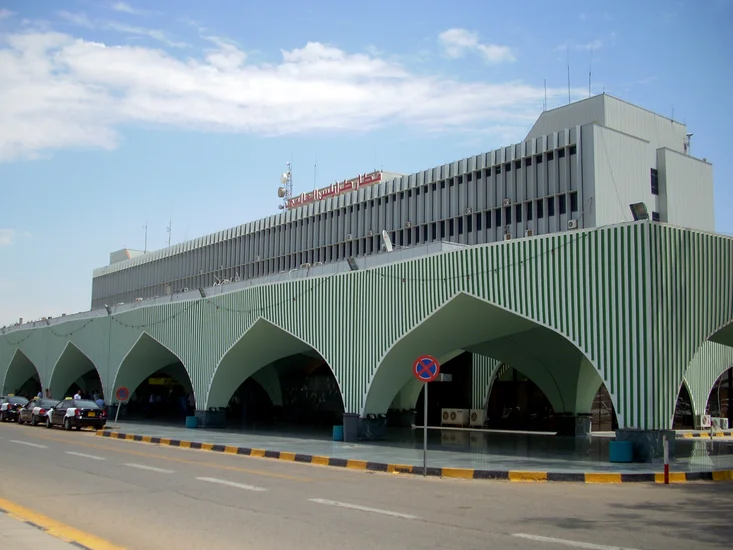
Korean Air Flight 803 crashed while attempting to land at Tripoli International Airport in Libya, killing 75 of 199 people aboard plus four on the ground. The DC-10 accident occurred during a sandstorm.
This crash was the second DC-10 accident in less than two weeks, raising serious concerns about the aircraft’s safety record. The incident prompted enhanced pilot training for adverse weather conditions.
Sports and Recreation on July 27
1995 – Korean War Veterans Memorial Dedicated

The Korean War Veterans Memorial was dedicated in Washington, D.C., honoring those who served in the “Forgotten War.” The memorial features 19 stainless steel statues representing soldiers from all service branches.
The dedication ceremony drew thousands of veterans and their families to the nation’s capital. The memorial finally provided long-overdue recognition for Korean War veterans’ sacrifices.
1955 – El Al Flight 402 Shot Down

El Al Flight 402 was shot down by Bulgarian fighter jets after straying into Bulgarian airspace, killing all 58 people aboard. The Lockheed Constellation was en route from Vienna to Tel Aviv.
The incident occurred during the Cold War when Eastern European nations maintained strict airspace controls. Bulgaria’s actions sparked international condemnation and diplomatic protests from Israel.
1975 – Alfred Duraiappah Assassinated
Alfred Duraiappah, Mayor of Jaffna and former MP, was shot dead by Tamil militants in Sri Lanka. His assassination marked an escalation in ethnic violence that would plague the country for decades.
Duraiappah’s killing was one of the first high-profile political assassinations in Sri Lanka’s emerging civil conflict. The murder demonstrated the growing radicalization of Tamil separatist movements.
Notable Births on July 27
1905 – Leo Durocher Born

American baseball player and manager Leo Durocher was born, destined to become one of the sport’s most colorful characters. His aggressive style earned him the nickname “Leo the Lip.”
Durocher managed several major league teams including the Brooklyn Dodgers and New York Giants. His famous quote “Nice guys finish last” became a permanent part of American sports culture.
1928 – Norman Lear Born

Television producer and writer Norman Lear was born, later revolutionizing American television with groundbreaking sitcoms. His shows tackled controversial social issues previously avoided by network television.
Lear created “All in the Family,” “The Jeffersons,” and “Maude,” among other influential programs. His work helped transform television from mere entertainment into a platform for social commentary.
1929 – Mas Oyama Born

South Korean-Japanese martial artist Mas Oyama was born, later founding the Kyokushin karate style. His legendary training methods and demonstrations made him a martial arts icon.
Oyama was famous for fighting bulls and breaking objects with his bare hands. His karate style emphasized full-contact combat and physical conditioning that influenced martial arts worldwide.
1948 – Peggy Fleming Born

American figure skater Peggy Fleming was born, destined to become one of the sport’s most graceful champions. Her elegant style and artistic interpretation redefined competitive figure skating.
Fleming won the Olympic gold medal in 1968 and became a beloved television commentator. Her success helped popularize figure skating in America during the 1960s and 1970s.
1958 – Christopher Dean Born

English figure skater and choreographer Christopher Dean was born, later forming one of ice dancing’s most successful partnerships. His collaboration with Jayne Torvill created skating history.
Dean and Torvill won Olympic gold in 1984 with their famous “Bolero” routine. Their innovative choreography and perfect scores transformed ice dancing into high art.
1972 – Maya Rudolph Born

American actress and comedian Maya Rudolph was born, later becoming a versatile performer in television and film. Her work on “Saturday Night Live” showcased her impressionist talents.
Rudolph’s comedy career spans sketch shows, animated films, and dramatic roles. Her ability to create memorable characters made her one of the most recognizable performers of her generation.
1976 – Alex Rodriguez Born

American baseball player Alex Rodriguez was born, later becoming one of the sport’s most talented and controversial figures. His exceptional athletic ability was matched by his involvement in performance-enhancing drug scandals.
Rodriguez hit 696 home runs during his career with the Seattle Mariners, Texas Rangers, and New York Yankees. Despite his statistical achievements, drug controversies tarnished his legacy.
Notable Deaths on July 27
1946 – Gertrude Stein Dies
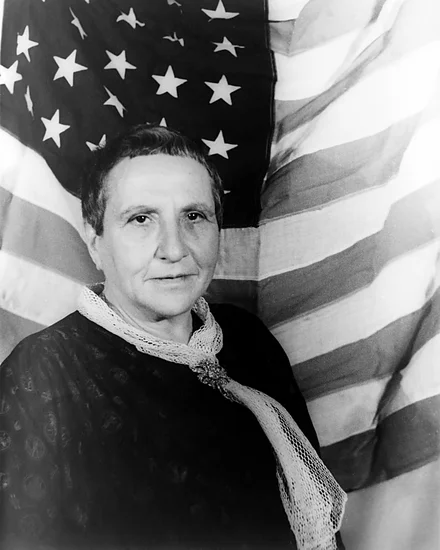
American novelist, poet, and playwright Gertrude Stein died in Paris at age 72. Her experimental writing style and literary salon influenced generations of modernist writers.
Stein’s famous line “Rose is a rose is a rose is a rose” exemplified her approach to language and repetition. Her Paris home became a gathering place for expatriate artists and writers.
1980 – Mohammad Reza Pahlavi Dies
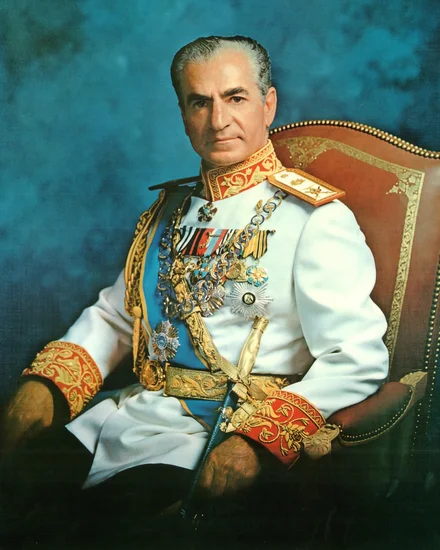
Mohammad Reza Pahlavi, the last Shah of Iran, died in exile in Egypt at age 60. His death came just over a year after the Iranian Revolution forced him from power.
The Shah’s 37-year reign ended when Islamic revolutionaries led by Ayatollah Khomeini overthrew his government. His death marked the final chapter of the Pahlavi dynasty’s rule in Iran.
1981 – William Wyler Dies
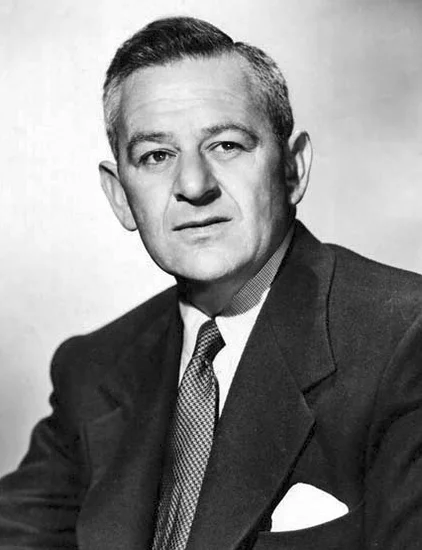
Legendary film director William Wyler died at age 79, leaving behind a legacy of cinematic excellence. His meticulous directing style earned him three Academy Awards for Best Director.
Wyler directed classics including “Ben-Hur,” “The Best Years of Our Lives,” and “Roman Holiday.” His films were known for their technical precision and powerful emotional impact.
1984 – James Mason Dies
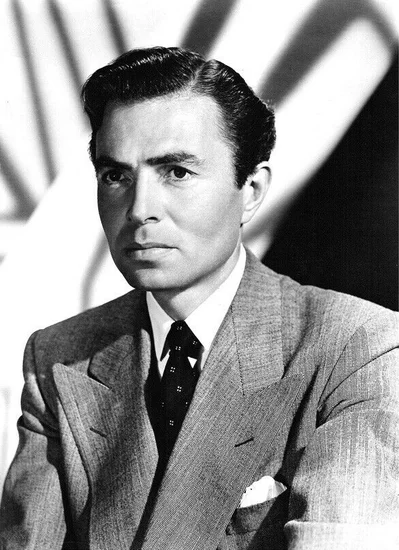
English actor James Mason died at age 75, concluding a distinguished career spanning five decades. His distinctive voice and commanding screen presence made him one of cinema’s most recognizable performers.
Mason appeared in over 100 films including “North by Northwest,” “A Star Is Born,” and “The Odd Man Out.” His versatility allowed him to excel in both dramatic and comedic roles.
2003 – Bob Hope Dies

Legendary entertainer Bob Hope died at age 100, ending an extraordinary career that spanned vaudeville, radio, television, and film. His dedication to entertaining American troops made him a national treasure.
Hope performed for military personnel in World War II, Korea, Vietnam, and the Persian Gulf. His comedy specials and USO shows brought laughter to millions of service members worldwide.
2015 – A. P. J. Abdul Kalam Dies
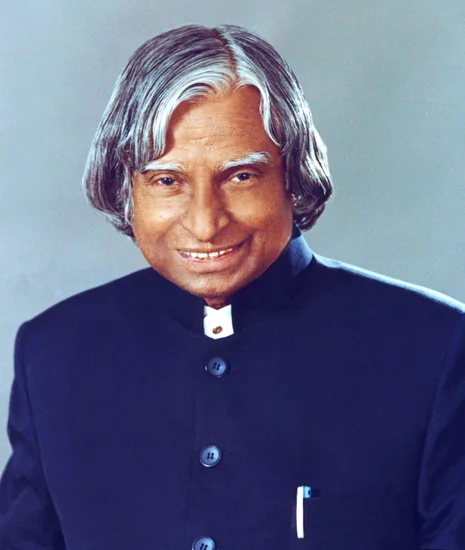
A. P. J. Abdul Kalam, the 11th President of India, died at age 83 while delivering a lecture at the Indian Institute of Management. Known as the “People’s President,” he was beloved for his humility and scientific achievements.
Kalam played a crucial role in India’s civilian space program and nuclear weapons development. His inspirational leadership and dedication to education made him a role model for millions of Indians.
2017 – Sam Shepard Dies
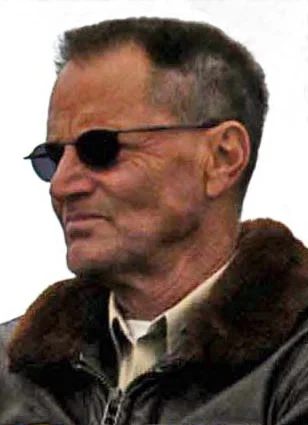
American playwright, actor, and screenwriter Sam Shepard died at age 73, leaving behind a remarkable body of work. His plays explored themes of family dysfunction and the American West with poetic intensity.
Shepard won the Pulitzer Prize for Drama and appeared in numerous films including “The Right Stuff.” His writing combined realism with surreal elements that challenged conventional theatrical forms.
Holidays and Observances on July 27
National Sleepy Head Day – Finland
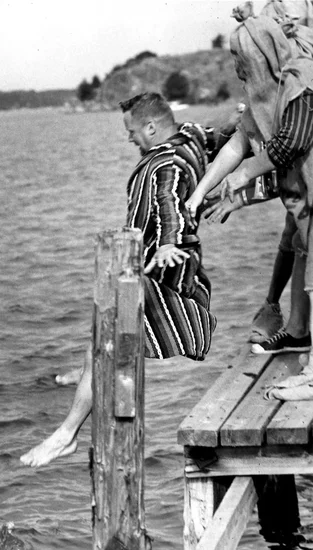
Finland celebrates National Sleepy Head Day as a lighthearted tradition encouraging people to wake up early. The holiday originated from Finnish folklore about the last person to rise being thrown into water.
Many Finnish families participate by playfully waking up the last sleeper in creative ways. The observance promotes the value of starting the day early and enjoying summer mornings.
José Celso Barbosa Day – Puerto Rico
Puerto Rico honors José Celso Barbosa, a pioneering physician and political leader who advocated for statehood. Barbosa was the first Puerto Rican to earn a medical degree from an American university.
The holiday celebrates his contributions to medicine, education, and Puerto Rican political development. Barbosa’s legacy continues to influence discussions about Puerto Rico’s political status.
Day of Victory in the Great Fatherland Liberation War – North Korea
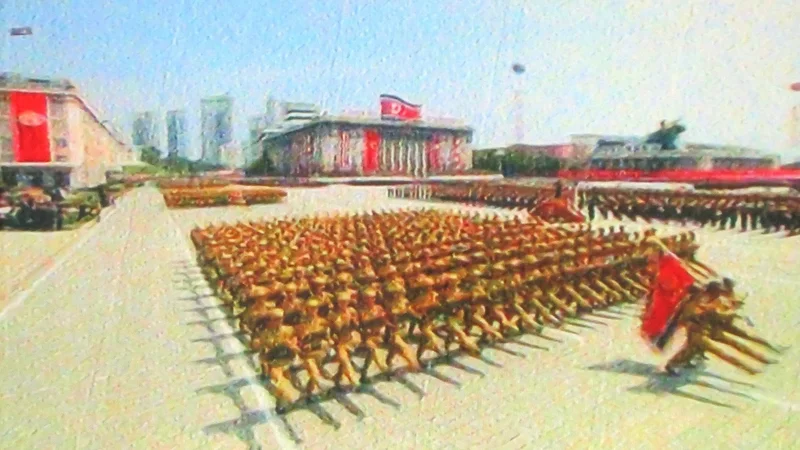
North Korea commemorates what it calls the Day of Victory in the Great Fatherland Liberation War, marking the Korean War armistice. The holiday emphasizes North Korea’s version of the conflict’s conclusion.
The observance includes military parades and ceremonies honoring Korean War veterans. North Korean media presents the armistice as a victory against American imperialism and foreign intervention.
Iglesia ni Cristo Day – Philippines
The Philippines recognizes Iglesia ni Cristo Day, celebrating the religious organization founded by Felix Manalo. The holiday acknowledges the group’s significant influence in Filipino religious and political life.
Iglesia ni Cristo members participate in special worship services and community activities. The organization’s distinctive beliefs and practices have made it an important part of Philippine religious diversity.
